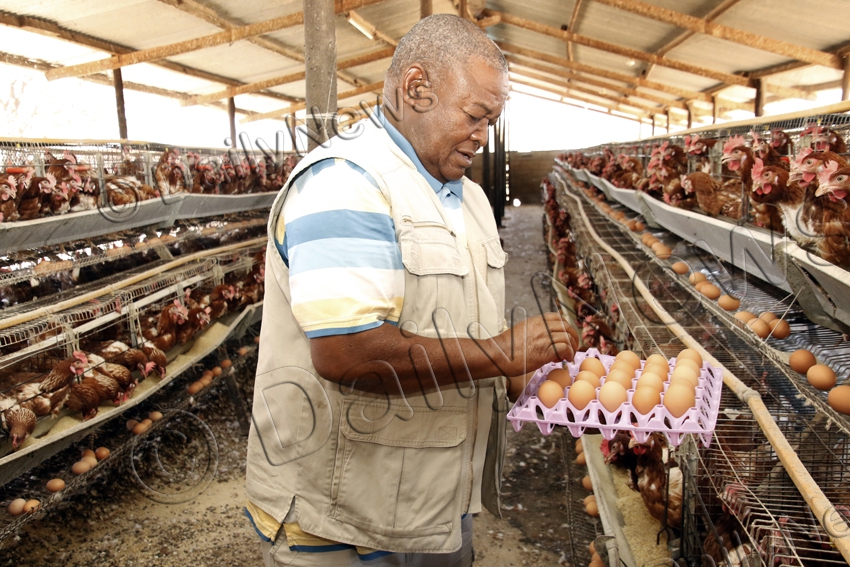Botswana keen on social development
04 Feb 2019
Minister of Finance and Economic Development Mr Kenneth Matambo says government’s commitment to abject poverty eradication remains strong.
This, he said in his 2019/2020 budget presentation, was validated by a significant decline in overall poverty rate in the past years.
He noted that the poverty rate declined from 59.0 per cent in 1985/86 to 19.3 per cent in 2009/2010, and further to 16.3 per cent in 2015/2016.
He acknowledged that the figure was still high when considered against the upper middle-income status of the country.
However, he noted, the country had performed relatively well in reducing extreme poverty, which is defined as the ratio of population living below US$1.90 per day. Against a national target of 3.0 per cent, extreme poverty stood at 5.8 per cent in 2015/16, down from 6.4 per cent in 2009/10.
Minister Matambo said a number of measures and initiatives to eradicate abject poverty were planned for the next financial year.
“In this regard, government will be scaling up the interventions to address poverty through cluster gardens, fish farming and egg production, as well as production of commodities such as toilet paper and liquid soap detergents,” he said.
In an effort to improve the efficacy of the existing poverty eradication measures, he said, government was working on improving the information management system to address the challenge of double dipping by some beneficiaries of the scheme.
He said double dipping by beneficiaries in various programmes did not only increase costs to government, but also defeated the objective of expanding the programmes to reach more people throughout the country.
To address the challenge, he said the Single Social Registry system developed with the World Bank in 2015 aimed at assisting in the harmonisation and consolidation of the social protection programmes and prevent double dipping would be implemented during 2019/20 financial year.
In addition, government with the assistance of UNDP, was developing a Poverty Eradication Policy Strategy in an effort to advance the poverty eradication agenda.
This strategy will incorporate graduation guidelines to ensure efficient and effective implementation of poverty eradication programmes.
Regarding access to quality healthcare, Minister Matambo said government was scaling up the implementation of a multi-sectoral strategy of 2017-2022 to combat the Non-communicable Diseases (NCDs).
He said for policy thrust and optimal service delivery, NACA’s role had been expanded to include health promotion and NCDs.
He observed that NCDs had emerged as one of the major causes of mortality in this country in recent times, with negative impact on the quality of life and workforce productivity.
They also affect the country’s health budget, as more resources are dedicated to addressing chronic diseases such as hypertension, cardio-vascular disease, cancer, renal diseases and diabetes, he said.
In an effort to strengthen service delivery, Minister Matambo said government was currently implementing organisational reforms whereby health districts would have more control over their financial and human resource management, adding that such would address supply chain management deficiencies and result in robust service delivery at community level. Ends
Source : BOPA
Author : BOPA
Location : GABORONE
Event : Parliament
Date : 04 Feb 2019








